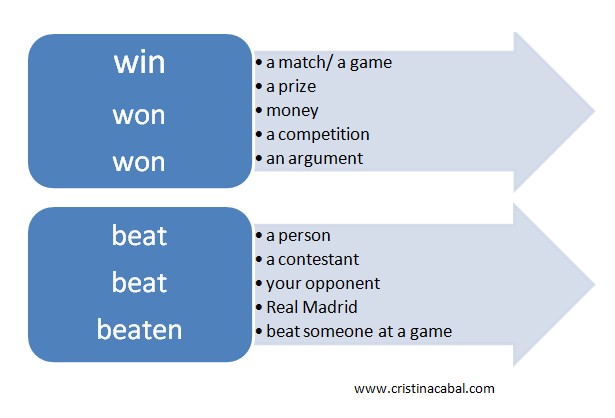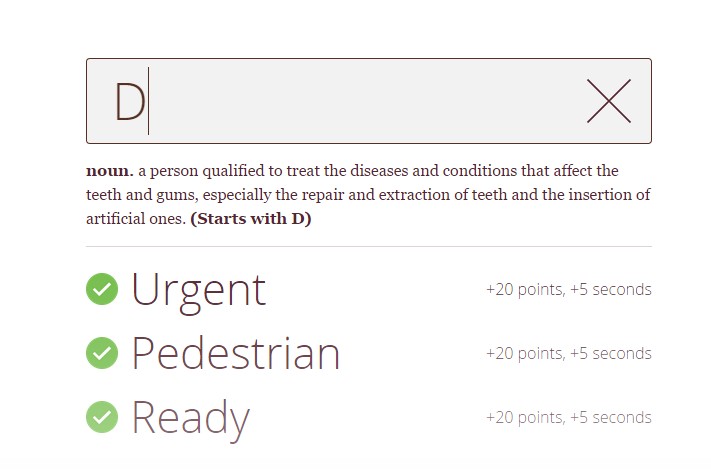Open to all my students at intermediate level until October 31st!
Are you willing to try your hand at writing a short scary story in English? This could be your chance to be internationally known. Who knows who might be visiting the blog and reading your stories. You might end up being a well-known writer !!!
Yeah! I know ! Probably too far-fetched ! But, what is undeniable is that this activity can help you improve writing and this is what really matters!
As in every single contest of some importance, there are RULES. These are mine:
Please ensure you read the rules carefully before entering the competition.Entry implies acceptance of all the rules and failure to comply may result in disqualification.
♥Theme: a scary/horror story
♥Stories must be written in English
♥Stories must be entirely your own work and must be previously unpublished
♥Only one entry per person can be submitted
♥ Stories may be of any length
♥Stories shall be titled
♥Submit your story via email by 11.50 p.m on October 31, 2015. Late entries will not be considered. Please, don’t paste your work into the body of the email, send it as an attachment with your name in the upper left-hand corner of the page
♥Prizes to be determined
♥Winners will be announced the first week of November, online and on this blog
Some pictures that might inspire you, below!!!








